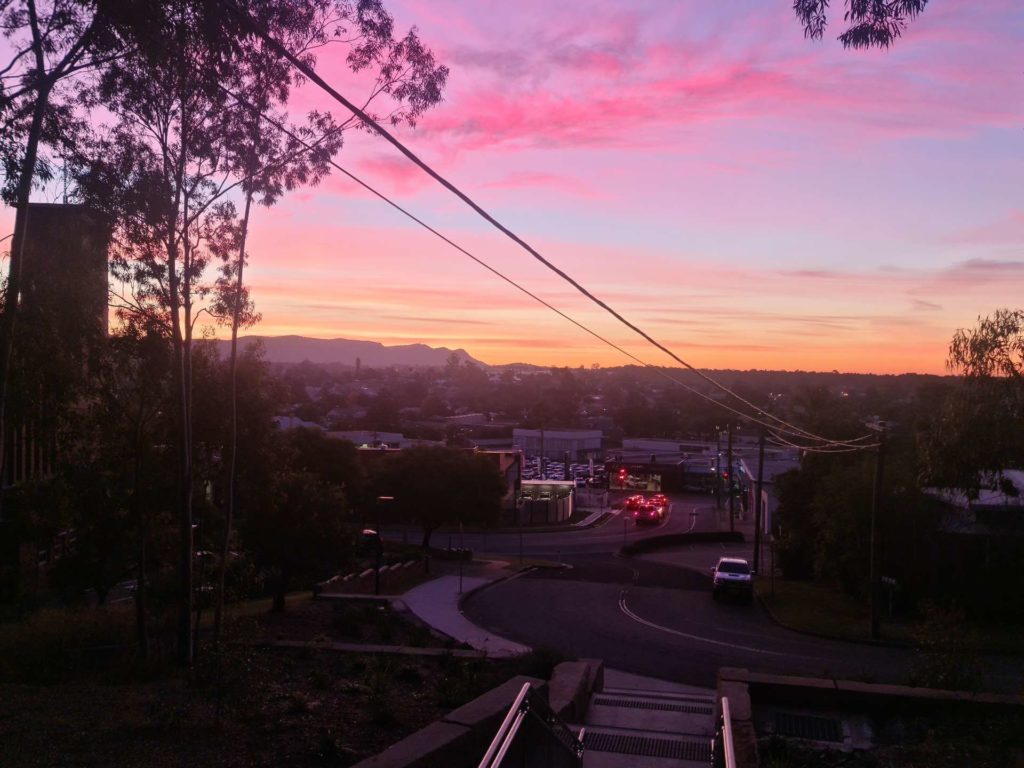Tonight I inform the House about the current change in regulations relating to heavy vehicle licensing. At the beginning of 2013 a new regulation was introduced, which suggested that those who were in a position to train and assess drivers for a heavy vehicle licence should change the way they were operating. Of course, the good operators in the electorate of Cessnock went about doing that but, unfortunately, at the time the Government and Roads and Maritime Services were not prepared for it. The crux of the matter is that the telecommunication network was not connected properly and in his wisdom the wizard who was employed somewhere from the motherland created a program that operated on a redundant, old Windows system.
The computers of modern practitioners in New South Wales and in the electorate of Cessnock could not talk to the old system. Roads and Maritime Services refused to implant a new system, such as Windows 8, which meant that the registration of courses that were to be used for training and development of the skill set had to be mapped out and considered carefully. Other new provisions included that a person could not be trained, taught, coached or practice on the course or the route on which they would be later assessed. There is an enormous problem with that in relation to heavy vehicles because they have to go around corners at lights where there are double turning lanes and they have to go through roundabouts where there are double lanes.
Outside metropolitan Sydney, and even in cities like Newcastle or Wollongong, there are only a few opportunities to perform those skills. In somewhere like Dubbo, Parkes or Broken Hill there may be only one opportunity and sometimes none. Therefore a person living in regional New South Wales cannot qualify or satisfy the required training criteria, but if a person lives in a place like Parkes, where they can satisfy the training criteria, the new regulations provide that a person cannot be tested on that same course. It is an absurd situation. On 1 December new regulations will be introduced that provide there will no longer be a random audit from a Roads and Maritime Services officer to do the heavy vehicle assessment with the driver. The driver will have to introduce two cameras into the cabin of the truck and then will have to send that assessment via email to Roads and Maritime Services.
The problem is that the cameras to be used inside the cabin of the truck have not yet been defined or identified. What has been identified is that they have to be able to be played on a Windows media player. Every camera operation—a GoPro system or whatever it is—operates under a different system and none of them can be guaranteed to be compatible with Windows 8. The second problem is that the memory card used to record the assessment must be sent to the Roads and Maritime Services central office—wherever that will be—and kept there. The regulation specifically says that the memory card must not be tampered with or edited, but under Federal law the memory card has to be the original one, which means that every time operators take a driver out in their truck or heavy vehicle for an assessment the operator will have to buy a new memory card.
It is not just an $8 memory card from Big W; this is a memory card that runs the program of that particular camera, and the cards cost approximately $90 to $100. That means that every time an operator assesses a driver the operator will be forced to buy a new memory card, which will have to be sent off to some central Roads and Maritime Services office. Who is going to assess it at that end? All the experts, with decades of experience in the field, have been leaving Roads and Maritime Services because they can see that this is a train wreck about to happen. Further, the idea that the information would be emailed, as suggested by Roads and Maritime Services, is completely impractical: The files are six gigabytes and they cannot be handled by either the outgoing or the incoming e-Boxes of any of these operators. Heavy vehicle licensing and assessing in New South Wales is becoming a real problem, which has been brought about by this Government and, unfortunately, by a member of The Nationals who should know better. The problem must be addressed and fixed.
Heavy Vehicle License Regulations
